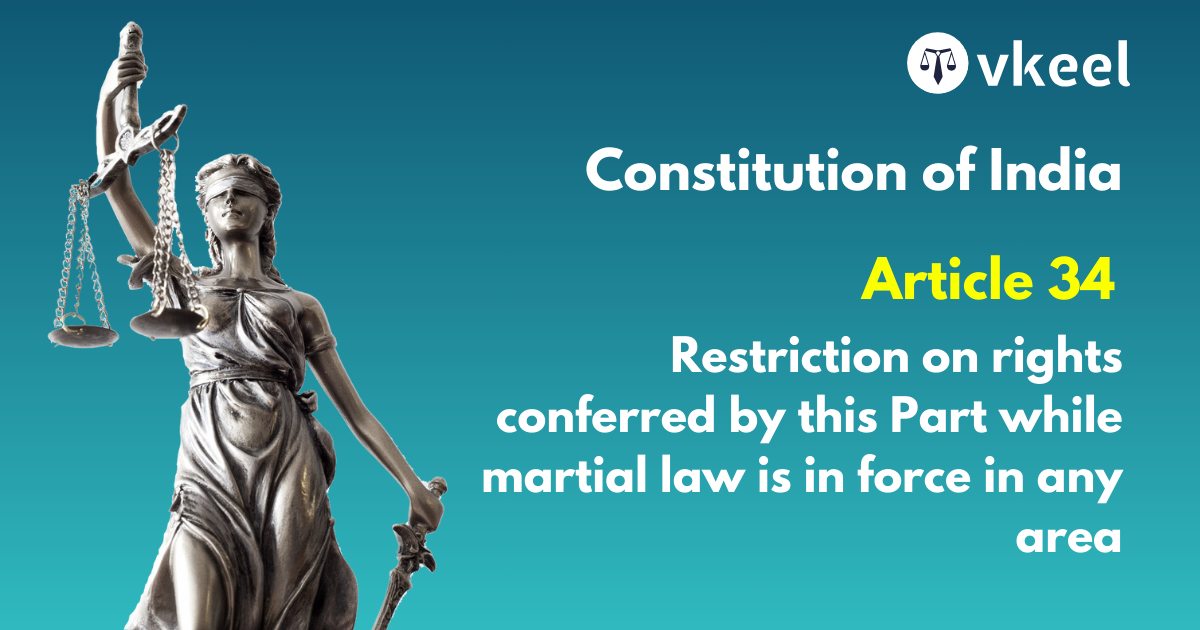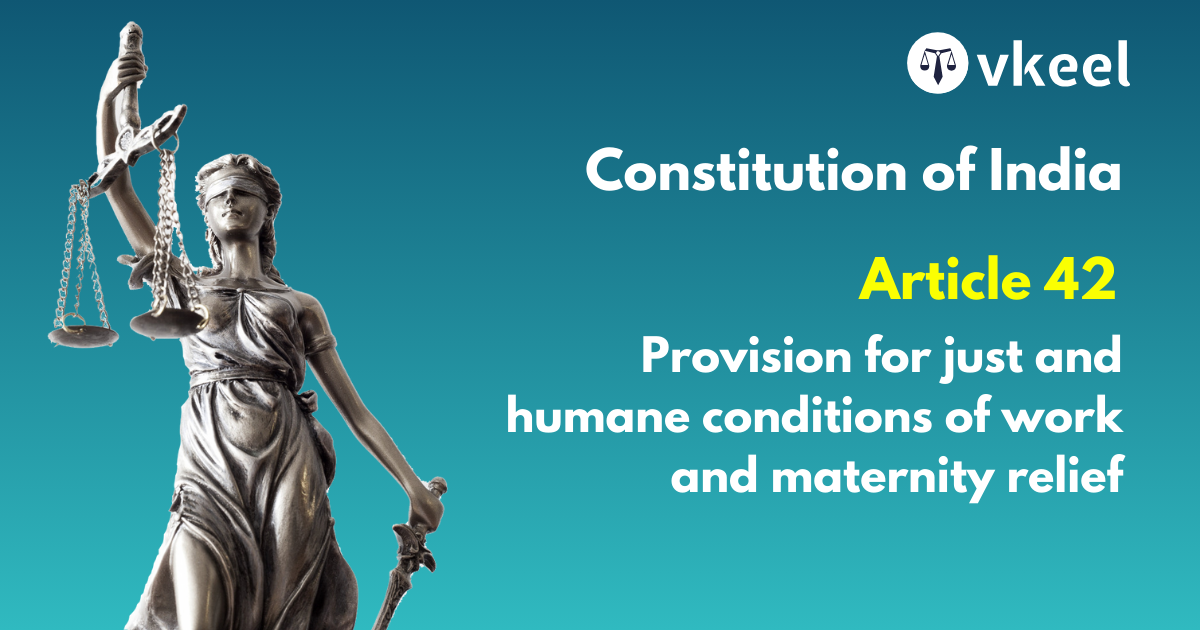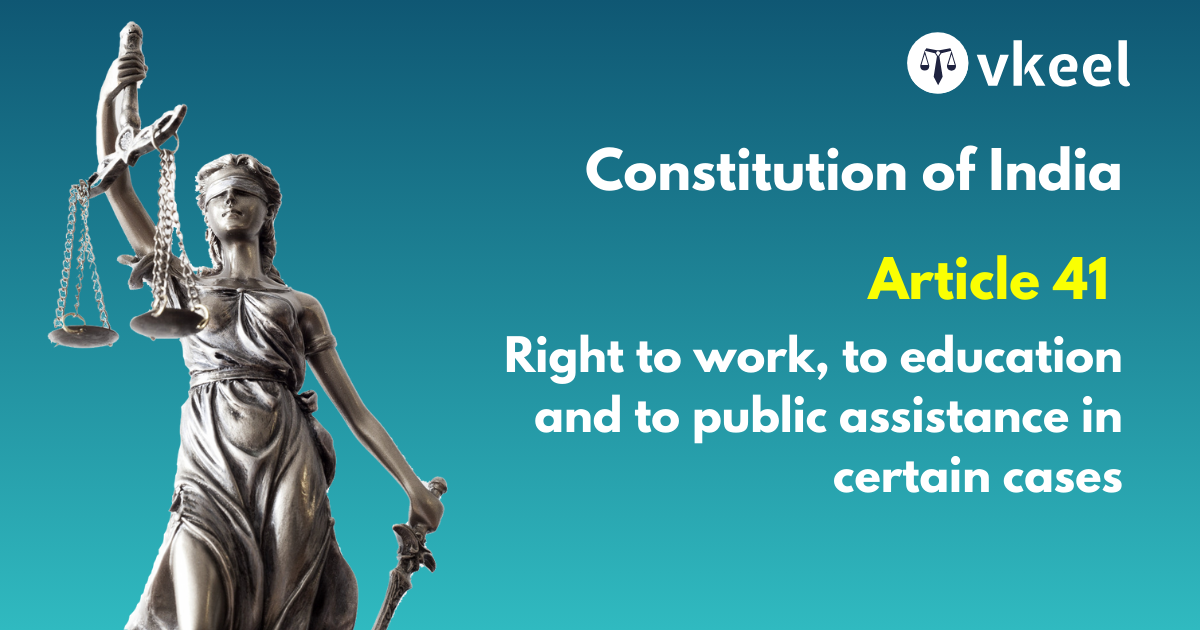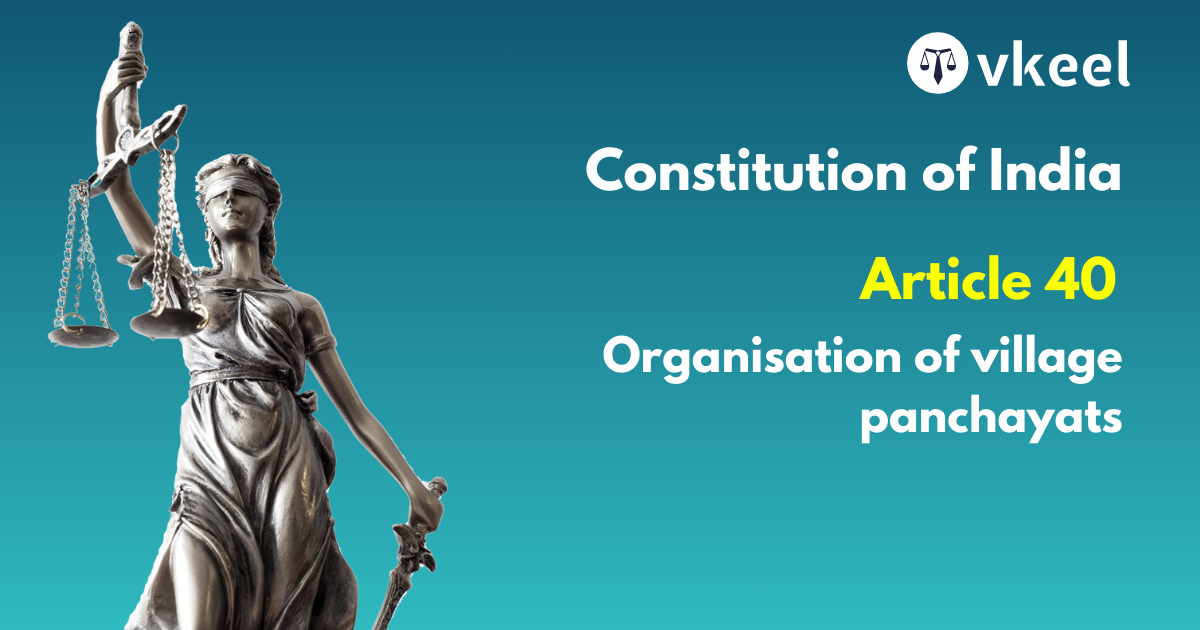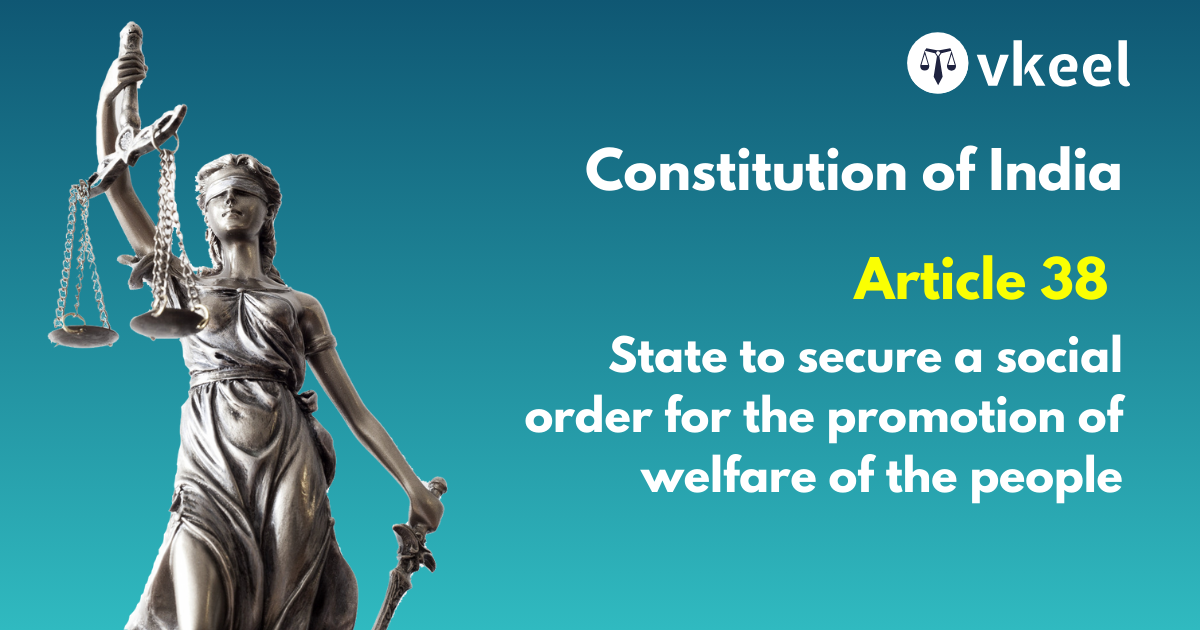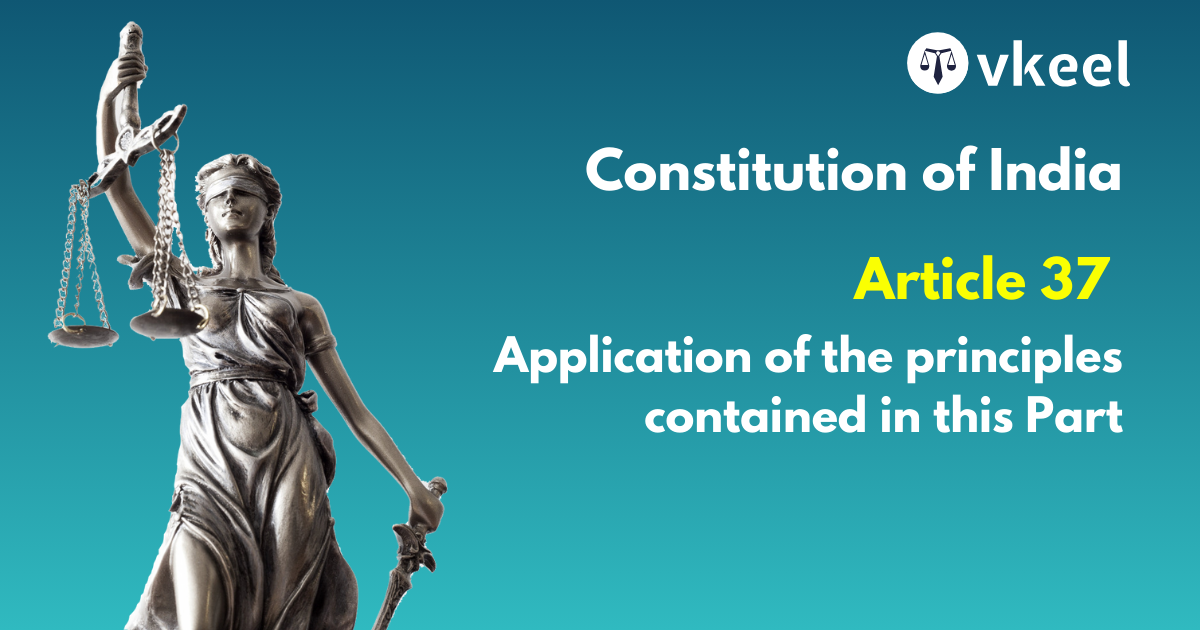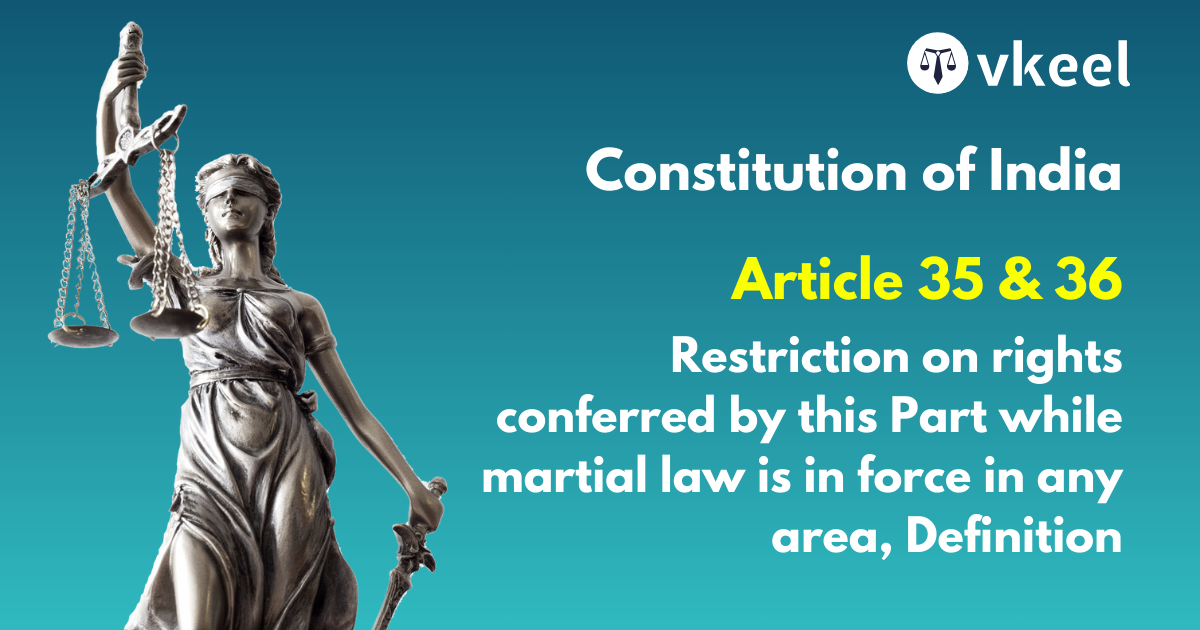Article 34 of the Constitution of India
By Joy Puri
Introduction
That article 34 of the Constitution of India is put in the fundamental rights part of the Constitution and begins with the non obstante clause of “Notwithstanding anything in this Constitution” underlines the proposition that the law of indemnity cannot be questioned in a court of law on the ground of its being violative of any of the fundamental rights.
Furthermore, the Article 34 of the Indian Constitution entails regarding the power of the Government to limit the rights in a situation wherein martial law is imposed in the country.
The situation of Martial Law occurs when the military of the country takes over the throne and thereby throws off the government of the country.
These sort of situation occur generally when there exists crisis in the country as much as that the government of the country cannot handle it.
The Article 34 of the Constitution of India empowers the Parliament of India to build and enact laws which protects the armed forces and other respective authorities for actions they take during martisl law is imposed in the country.
Article 34 of the Constitution of India
34. Restriction on rights conferred by this Part while martial law is in force in any area
Notwithstanding anything in the foregoing provisions of this Part, Parliament may by law indemnify any person in the service of the Union or of a State or any other person in respect of any act done by him in connection with the maintenance or restoration of order in any area within the territory of India where martial law was in force or validate any sentence passed, punishment inflicted, forfeiture ordered or other act done under martial law in such area.
Countries which Imposed Martial Law
Philippines
The country faced the imposition of Martial Law on their land in the year of 1972. The fundamental reason for the imposition which was stated by the officials was that the country faced a threat from the communist rebels and there existed a situation of political unrest and turmoil. The martial law was imposed by the then President of the Philippines. Under the aegis of martial law, the President Ferdinand Marcos strengthened his rule and formed a more authoritarian government in the power.
Pakistan
The nation holds a dark past about the Imposition of Martial Law in the country. The country first witnessed the imposition of Martial Law in the year 1958, leading to President Ayub Khan taking control, followed by General Zia-ul-Haq’s martial law in 1977, when he ousted Prime Minister Zulfikar Ali Bhutto. The leaders during this period of time, suspended civilian laws, curtailed political opposition, and consolidated military power. This has made the military an enduring force in Pakistani politics.
Thailand
the basic crux of martial law being imposed in Thailand was often due to political conflicts. In the year 2014, the military imposed martial law after protests led to political unrest in the country. General Prayuth Chan-ocha used this power to control the media and limit public gatherings, arguing it was necessary to stabilize the country. This entrance of the military in the administration and legislature shows Thailand’s pattern of military involvement in politics, especially during times of perceived instability or protest.
Landmark Case Laws
A.D.M. Jabalpur Vs Shikla, AIR 1976 SC 1207
Article 359(1) does provide for suspension of the enforcement of most of the fundamental rights but that is during proclamation of emergency under article 352 and does not refer to declaration of martial law. Also, in case of declaration of martial law the writ of habeas corpus does not stand suspended ipso facto.
Conclusion
To conclude to the Article 34 of the Constitution of India, it is a privilege which is conferred to the Government of India.
To boot up, it further recognizes that in certain situations like crisis, some of the rights need to be lessened from their former ambit, on the same hand it keeps a check that the limits are not left unchecked in the country.
The Article 34 of the Constitution of India thereby protects use of martial law and that it doesn’t lead to unnecessary abuse of the power in the country.
Disclaimer:
The information provided in the article is for general informational purposes only, and is not intended to constitute legal advice or to be relied upon as a substitute for legal advice. Furthermore, any information contained in the article is not guaranteed to be current, complete or accurate. If you require legal advice or representation, you should contact an attorney or law firm directly. We are not responsible for any damages resulting from any reliance on the content of this website.

